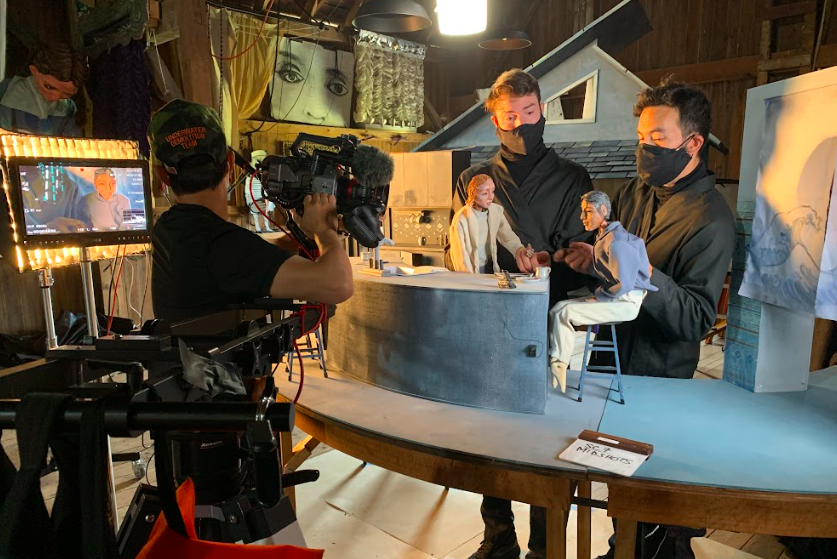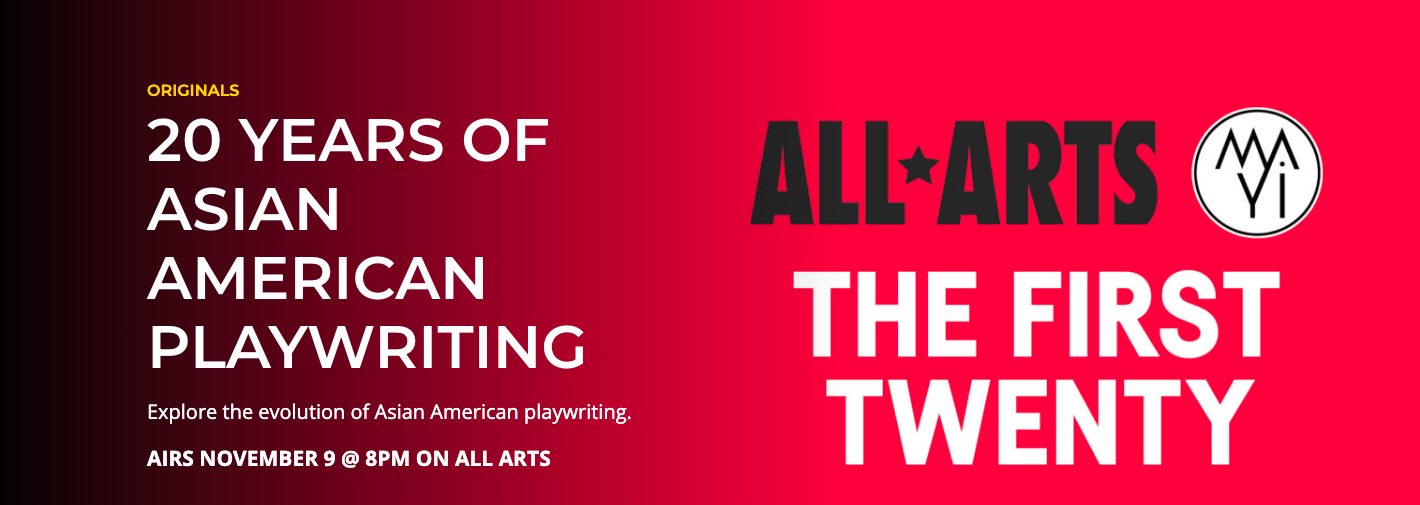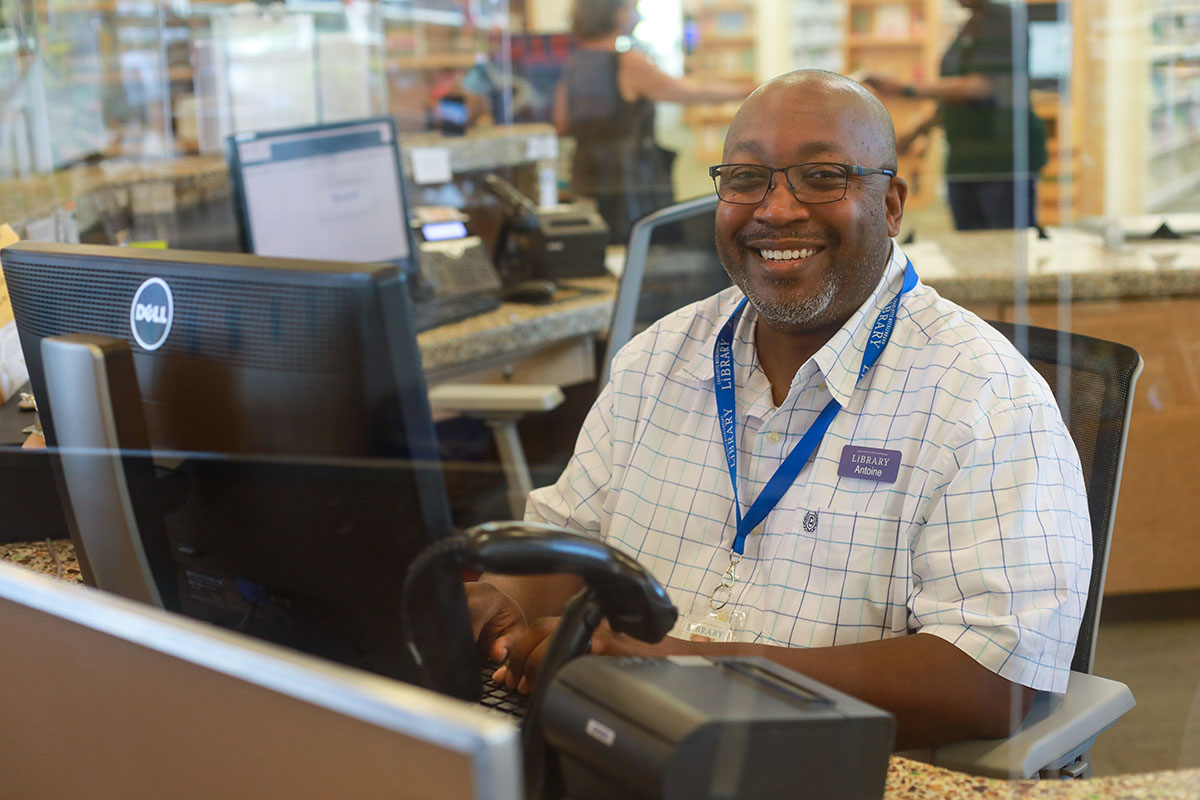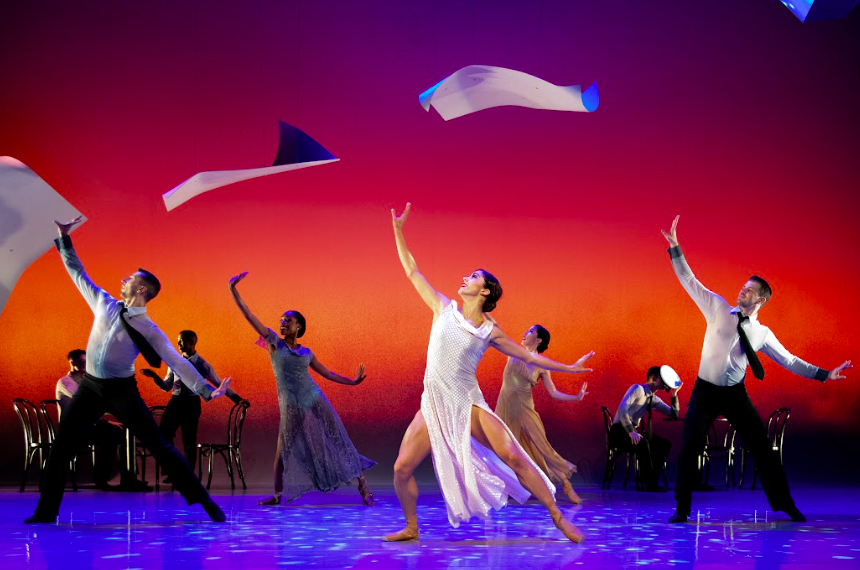Centering community to connect locally and expand globally
Ma-Yi Theater Company supports the development of new plays and performances by Asian American playwrights. Founded in 1989, the award-winning company is renowned as an incubator for innovative work and as a thought leader, “shaping local and national conversations on what it means to be Asian American today.”
COVID-19 lockdowns were mandated in the middle of Ma-Yi’s 30th anniversary season. Reaching out to contacts in Asia, and drawing on knowledge of SARS and the science behind the variant, the company quickly realized that the crisis would not be short-term. Despite mounting uncertainties, early priorities were clear—a need to transition to digital and create avenues for paying artists. The company connected with close funders including the New York Community Trust and the Howard Gilman Foundation to explain their needs and strategies for next steps.
An initial $250,000 investment enabled Ma-Yi to transform their rehearsal space into a high-quality broadcast studio. With the guidance of a consultant well-versed in digital theater production, the company purchased equipment, trained staff, and set up seven digital kits for remote collaborators. They also hired two additional staff—a studio manager and a technical director—who were vital for getting streaming up and running and for ensuring adherence to COVID safety protocols.
Following this intensive preparation, Ma-Yi Studios was born. As an online channel, Ma-Yi Studios provided a platform for creating and commissioning new work, with programming ranging from short films to digital play readings and community forums. Early on, the physical space also provided rental income from similarly sized theater companies in need of facilities during lockdowns.
Throughout the past two years, Ma-Yi has sought to assess and meet the needs of their audiences. In addition to the strain faced by communities of color disproportionately affected by the pandemic, Asian American communities suffered a spike in violent hate crimes, and many community members also became engaged in nationwide movements for racial justice. Ralph Peña, artistic director, explains, “Our mission is to serve the Asian American communities of New York City. During the pandemic the question was, what do they need from us? At the beginning that wasn’t theater.” The company organized public forums for discussing violent attacks and these gatherings grew to include topics such as housing and evictions. Peña elaborates, “The mission is who are you doing it for? Why? Knowing those things, you are able to go back to programming 101. What do they need right now?”
The financial strains of the pandemic on Ma-Yi’s core audiences made charging for digital programming at the time contrary to the company’s values. Free content, however, was also commonplace. With major institutions releasing content for free, expectations put pressure on organizations of all sizes to generate free digital programs.
Through these efforts, Ma-Yi’s audiences grew exponentially during the pandemic. Small investments in Facebook ads enabled the company to connect with audiences across Asia, reaching 3 million viewers in the first year. Free content was one factor in this growth, as were targeted efforts, such as translating programs into Japanese and Chinese. The company was also savvy with format. In addition to streaming full-length productions, they intentionally produced content running about 30 minutes, catering to audiences watching on their phones.
Monetizing digital programming continues to be a challenge, and Ma-Yi is approaching the upcoming few years as a transition period. Developing an intentional strategy for the long-term includes practical details like troubleshooting contracts for streaming live theater and recording productions in high definition, multi-camera formats. It also involves being open to creative avenues, such as international collaborations catering to new audiences and featuring local voices. The company has also taken the chance to reevaluate common practices in the theater, such as 7-day workweeks, long hours, and low pay. Making a commitment to not just return to “normal,” but to build healthier and more sustainable practices, Ma-Yi adjusted production schedules and raised pay to a living wage for New York City.
Ambitious digital efforts entail an investment over time that does not immediately generate returns. As Peña notes, “Anyone talking about digital work in theater is making it up. It’s nascent…It takes a while to build this new art form.” He therefore underscores the need for open dialogue between funders and grantees, emphasizing that each company is distinct, with unique challenges and opportunities on the ground and online. “Our work is community-specific. It’s culturally specific. For us to even be attempting this is radical.”









